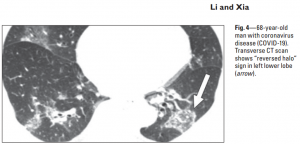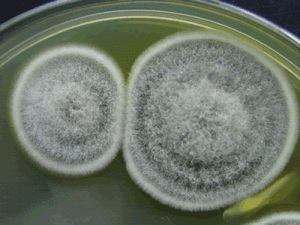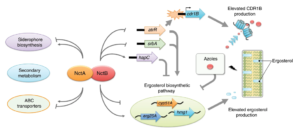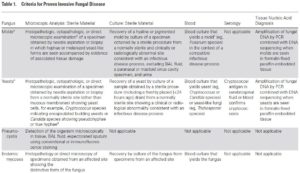Submitted by Aspergillus Administrator on 12 June 2013
There is a small but significant chance that a patient who is treated for a fungal infection with one of the azole class of antifungal drug will have to be switched to a different antifungal as their infection becomes resistant to the first drug used. This is of course a familiar type of story as battles with bacterial resistance to antibiotics are now very familiar to us with the present of MRSA for example.
The resistance of fungi to antifungal drugs is not new but it is becoming clearer that we need to start developing new strategies to beat resistance as research results accumulate from around the world and large specialist medical centres like the National Aspergillosis Centre are able to report on research from large numbers of patients being treated with antifungals over the longer term.
Happily we are seeing the development of newer tools with which to carry out research more rapidly and one such tool is the use of rapid DNA sequencing and comparative genomics.
In this study the researchers have compared the genomes of four strains of Aspergillosis, two that are resistant to an antifungal with two that are not resistant (a research strategy unthinkable 5 years ago as it would have been slow and very expensive). All isolates came from one patient!
As a result they have found a new mechanism for resistance to azoles involving the gene HapE. They identified a mutation in this gene and then proved that the presence of the mutation was consistent with resistance by conducting (old fashioned but very powerful) genetic crossing experiments. When a mutated form of HapE was moved into a non-resistant strain using molecular biology techniques the resistance reappeared! This is powerful proof that a particular mutated form of HapE confers resistance – and this gene is not known to be involved in resistance up to this point in time so this may well be a new mechanism for resistance.
This is the first time that whole genome sequencing and sexual crossing strategies have been used to find the genetic basis of a trait of interest in A. fumigatus. The discovery may help understand alternate pathways for azole resistance in A. fumigatus with implications for the molecular diagnosis of resistance and drug discovery.
News archives
-
Title
Date





 ,
,  ,
, 



